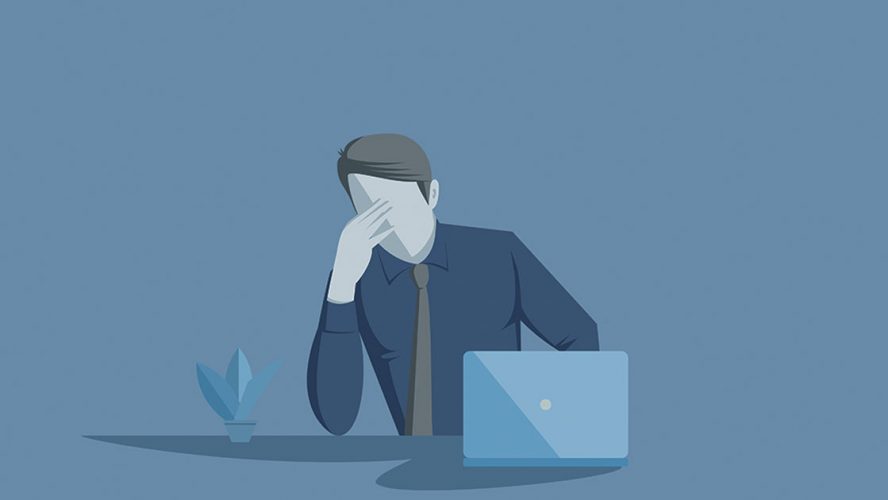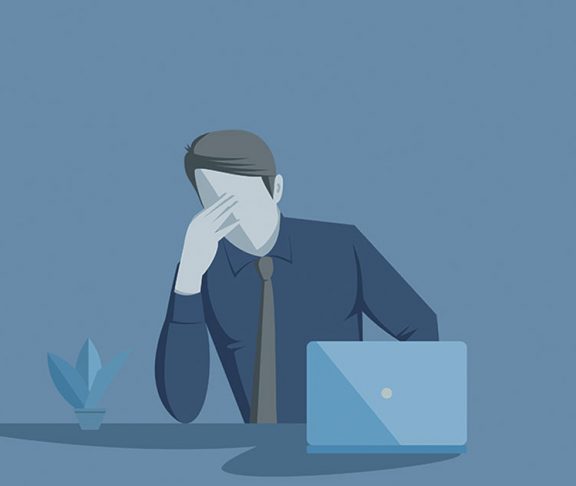
Janet Farrar Worthington
Author, Prostate Cancer Foundation
Reducing your risk of prostate cancer starts with reducing your risk of chronic inflammation, which is as simple as exercising and eating right.
Inflammation is your body’s own version of Dr. Jekyll and Mr. Hyde: When it works like it’s supposed to — when you skin your knee, for instance — inflammation is good. To fight bacteria and germs that could get into that scraped knee, your resourceful immune cells can spray harmful chemicals on them, puncture their armor, or even eat them whole! Meanwhile, you notice some redness, a little heat, and maybe some swelling or a bruise. Then comes a scab or scar, and all is well — the knee is healed and inflammation goes away.
But what if it doesn’t go away? Well, this is the dark side of inflammation — the Mr. Hyde side. Chronic inflammation is bad.
“The story of inflammation is absolutely the heart of what causes prostate cancer,” said medical oncologist Jonathan Simons, M.D., CEO of the Prostate Cancer Foundation. “Inflammation lowers your defenses,” and changes the DNA. “We estimate 30 percent of all cancers are caused by this kind of damage.”
Chronic inflammation disables certain genes that normally keep inflammation in check. Then it widens its attack, calling in other immune cells called macrophages and granulocytes to the scene; they’re supposed to be part of the body’s cleanup crew, when the enemy germ or bacteria is defeated. Unfortunately, in chronic inflammation, these cells actually make things worse.
What causes chronic inflammation?
One huge cause is our diet, particularly fats, charred meats, processed carbohydrates, chemicals in junk food, and sugar. Basically what we know as the Western diet — high in meat and bad carbs, low in fruits and vegetables.
How do we know this? Because the men least likely to get prostate cancer live in rural Asia and eat the traditional Eastern diet — low in meat, high in fruits and vegetables, and almost not processed carbs. No soda, lots of green tea. No fries, lots of rice. No burgers, lots of broccoli.
“The rural Asian diet is anti-inflammatory,” Simons said.
The opposite is also true. Obesity and one of its consequences, diabetes, encourage inflammation.
“If you are even overweight or borderline diabetic, you turn on more insulin to try to control your blood sugar,” Simons said. Insulin secretes molecules called cytokines, which bring in oxygen, new blood vessels, and nutrients to feed developing cancer cells.
“You can reduce your insulin level with exercise,” Simons said. “There’s a lot of evidence that just being sedentary is a terrible setup for trouble later, if you have a slightly inflamed prostate and higher insulin level.”
An ounce of prevention
What else makes inflammation worse? Cigarette smoking. What makes it better? We’re still figuring this out.
A good diet, exercise, and anti-inflammatory agents such as Vitamin D and dietary supplements, like turmeric, seem to help, as do broccoli and tomatoes. New research suggests probiotics — “good” bacteria that change the microflora in the gut — may also prove helpful in preventing cancer.
Could this be related to the link between infection and inflammation? We don’t know. Stay tuned.
You can download the new Science of Living Well: Beyond Cancer to learn practical ways to reduce your risk.
Janet Farrar Worthington, Author, Prostate Cancer Foundation, [email protected]

